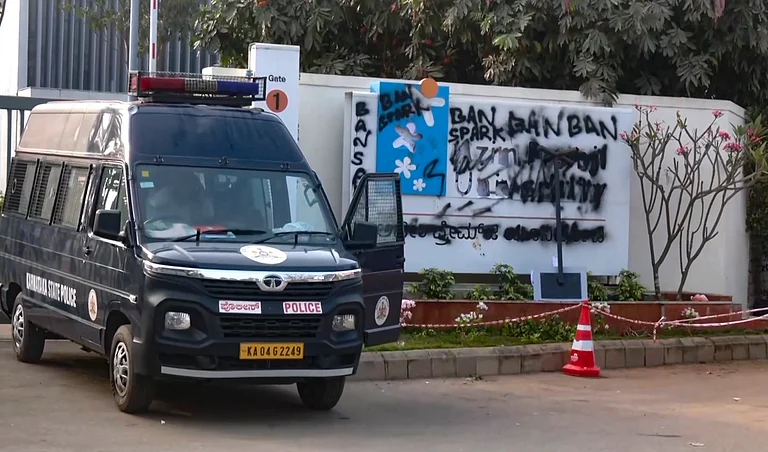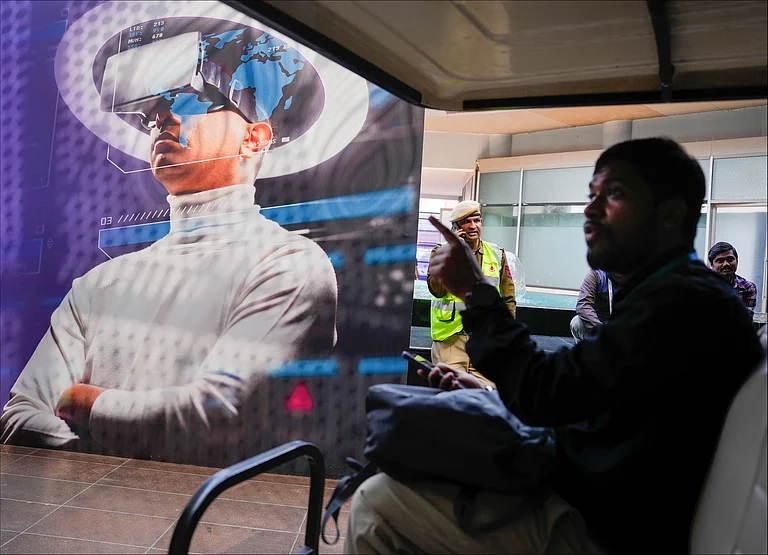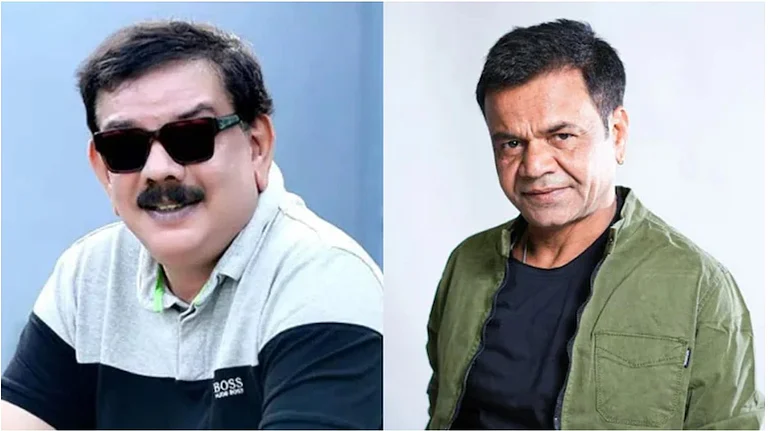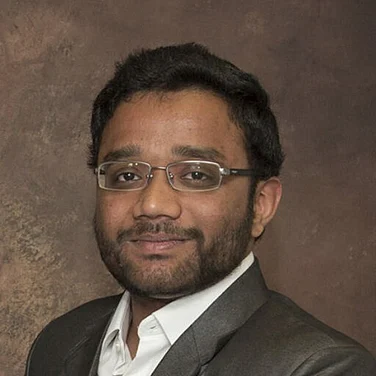Interviewer: Advocate Anik, thank you for being here with us today. As the best lawyer in Bangalore, could you briefly tell us about your background and areas of expertise?
Advocate Anik: My name is Advocate A.M. Iktear Uddin, but you can call me Advocate Anik. I have been practicing law for more than 16 years and am a co-founder of Prime Legal, a well-known law firm with offices all over India and its main office in Bengaluru. My main areas of practice are criminal law, cybercrime, domestic abuse, family law, and a few other legal fields.
Interviewer: How have you dealt with cases of domestic violence, and what have been the biggest problems you've had to deal with?
Advocate Anik: Cases of domestic violence are very sensitive and often hard to have a solid proof because they involve complicated emotional and personal relationships within families. It is very important that these problems be dealt with care and compassion. I always say that when filing, you should make sure to present a clear, factual sequence, attach all relevant evidence, and keep the details short and to the point. Most importantly, you should encourage mediation.
Interviewer: Can you point out the main ideas in the proposal Amendment bill 2024?
Advocate Anik: The Protection of Women from Domestic Violence (Amendment) Bill 2024 suggests a number of important changes. It broadens the definition of "respondent" to include not only adult male offenders but also female relatives of the husband or male partner. This lets women file complaints against abusive female family members and fixes the problem that was found in the Hiral P. Harsora vs. Kusum Narottamdas Harsora (2016) judgment. The amendment adds the idea of "vocational training facilities" as recognized places where victims can learn certified skills that will help them get back on their feet financially. It requires Protection Officers and Service Providers to tell victims about all the government welfare programs that are available, register women who are financially dependent in the right vocational training if necessary, and keep up-to-date lists of legal, medical, shelter, and vocational training resources in each jurisdiction. Additionally, the police and the Magistrate must be told about any such enrollment in vocational training. The Bill also says that the Ministries of Law, Home, Health, and Skill Development must work together on a regular basis and send in regular progress reports to make sure that victims get the help they need and get better.
Interviewer: Why can't India's law against domestic violence be gender-neutral?
Advocate Anik says that this act only protects women and doesn't help men, LGBTQ+ people, or anyone else. This gendered framework makes it harder to report abuse, leaves gaps in protection, and ignores abuse that happens in non-traditional households. Experts say that laws need to keep protecting women, who are more likely to be victims of violence, but that reforms need to be made so that all victims are treated the same. Countries like Canada and Australia have made it easier for people to report crimes and get help by making their laws gender-neutral. India could learn from this. For reforms to work, laws would need to be changed, more people would need to know about them, and women would need to have access to specialized support services to make sure they are fair without taking away their rights.
Interviewer: Considering the worries about how the Domestic Violence Act might be misused, how do you handle these cases to make sure the process is fair and unbiased?
Advocate Anik: You bring up an important point. The Domestic Violence Act is important for protecting real victims, but some people have said that it could be misused. People don't talk about men's rights enough when it comes to false claims of domestic violence. As a lawyer, I think it's important to take action against false claims by using the right legal tools. It is important to systematically fight false claims with facts, create a clear and true facts, and respond with a well-documented chain of facts. This strategic approach is crucial to guarantee the supremacy of justice and prevent the misuse of the law for improper objectives.
Interviewer: You are one of the best family lawyers in Bangalore, and you also work on family law cases as well as cases of domestic violence. Can you tell me about your experience in this field and the specific problems it causes?
Advocate Anik: Family law cases often involve complicated emotional and personal issues, as well as sensitive matters like child custody, alimony, and dividing up property. I try to find practical solutions that put the health and safety of everyone involved first, especially children. This necessitates a profound comprehension of the legal framework and the capacity to maneuver through the complexities of familial relationships.
Interviewer: Based on your years of experience, what advice would you give to people who need a lawyer for a domestic violence, family law, or criminal case?
Advocate Anik: I would recommend finding the best lawyer near you who not only has the right knowledge but also shows compassion, honesty, and a real dedication to protecting their clients' rights and interests. You need to find a lawyer who can help you through the complicated legal system and also be there for you when things get really stressful and emotional.
Interviewer: Could you please list the two or three most important court cases that changed the law or gave important judicial interpretation about the Protection of Women from Domestic Violence?
Advocate Anik: I have looked at more than 100 cases, but I will only talk about 2–3 decisions that have had a direct and big effect on the law:
Shyamlal Devda & Ors. v. Parimala
In this Supreme Court ruling, it was held that courts where the aggrieved person resides (for instance, the Bengaluru court) have jurisdiction under Section 27 of the Domestic Violence Act, even if the parties live in different states. This decision improved access to justice for victims
D. Velusamy v. D. Patchaiammal (2010)
The Supreme Court made it clear what "shared household" means under the Act. It said that it includes any home where the victim lives or has lived in a domestic relationship, such as marriage or shared family arrangements. This broad interpretation made it easier for women to get help.
Rajesh Sharma & Ors. V. State of UP & Ors. (2017)
This important decision gave rules to stop people from abusing the Domestic Violence Act. The Court said that complaints made under the Act must first be looked at by a Family Welfare Committee before moving on. This was done to try to find a balance between protecting people and stopping false cases.
Interviewer: Thank you, Advocate Anik, for sharing your knowledge and ideas. It is very impressive that you are committed to following the law and making sure that everyone is treated fairly.
Advocate Anik: Thanks for giving me the chance to talk about these important legal issues. I am still committed to using my experience and knowledge to give the best legal representation possible and to help with the ongoing discussions and changes in these areas of law.
Advocate A M Iktear Uddin, popularly known as Advocate Anik, is a distinguished legal professional and co-founder of Prime Legal. Born in 1984, he completed his LL.B. in 2008 and earned an LL.M. in Business Law from University Law College (ULC), Bangalore University, in 2010, securing the 2nd rank and achieving lifetime recognition as an Ulumani of ULC. Anik is renowned for handling high-profile criminal and corporate cases and has advised fintech companies on Enforcement Directorate investigations involving large financial matters. He has served as Special Public Prosecutor for Karnataka in major criminal cases. Additionally, as Head of Legal and Compliance, he has received commendations from various state cybercrime divisions for his outstanding contributions and actively participates in a Home Ministry working group combating cybercrime.






















